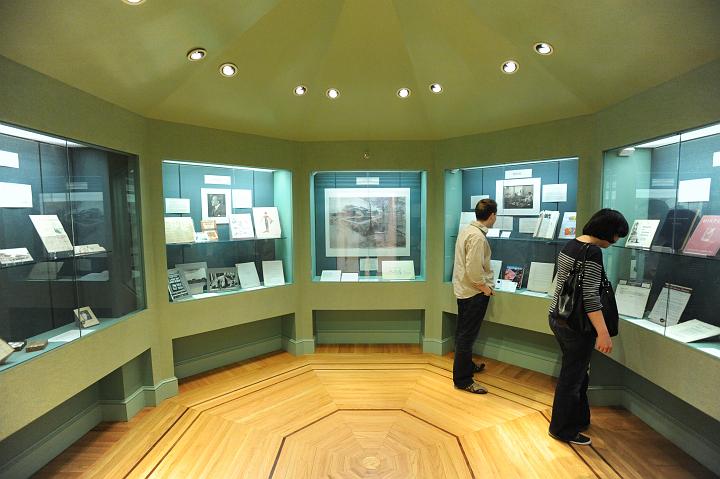The collection includes correspondence, manuscripts, documents, photographs, subject files, and printed materials. Seryshev carried on a voluminous correspondence in Esperanto, as well as Russian and English, with individuals in many countries. This material mostly dates from the late 1920s. Photographs of Seryshev's correspondents have been left with the letters to which these photos were attached. The main manuscript is a lengthy autobiography by Father Seryshev, illustrated with photos, postcards, and documents, called "V Zemnom plane moego vechnogo bytii︠a︡", describing in five volumes and appendices his life and travels in pre-revolutionary Siberia, in Japan (1919-1922), in China (1922-1925), and in Australia, where he settled after 1926. An earlier manuscript entitled "Peshkom po i︠a︡ponskim shkolam", also covers the Japanese period in Seryshev's life. Among materials relating to Seryshev's activities as a promoter of Esperanto, mention should be made of his manuscript "Esperanto v SSSR i ee satelitakh", to which much primary material is adjoined. Printed material includes "Siberio" (1914), a collection of articles on Siberia, translated into Esperanto and edited by Seryshev; various Russian-language periodicals brought out by Father Seryshev in Australia; and Esperanto textbooks in Russian, Polish, and Lithuanian.
